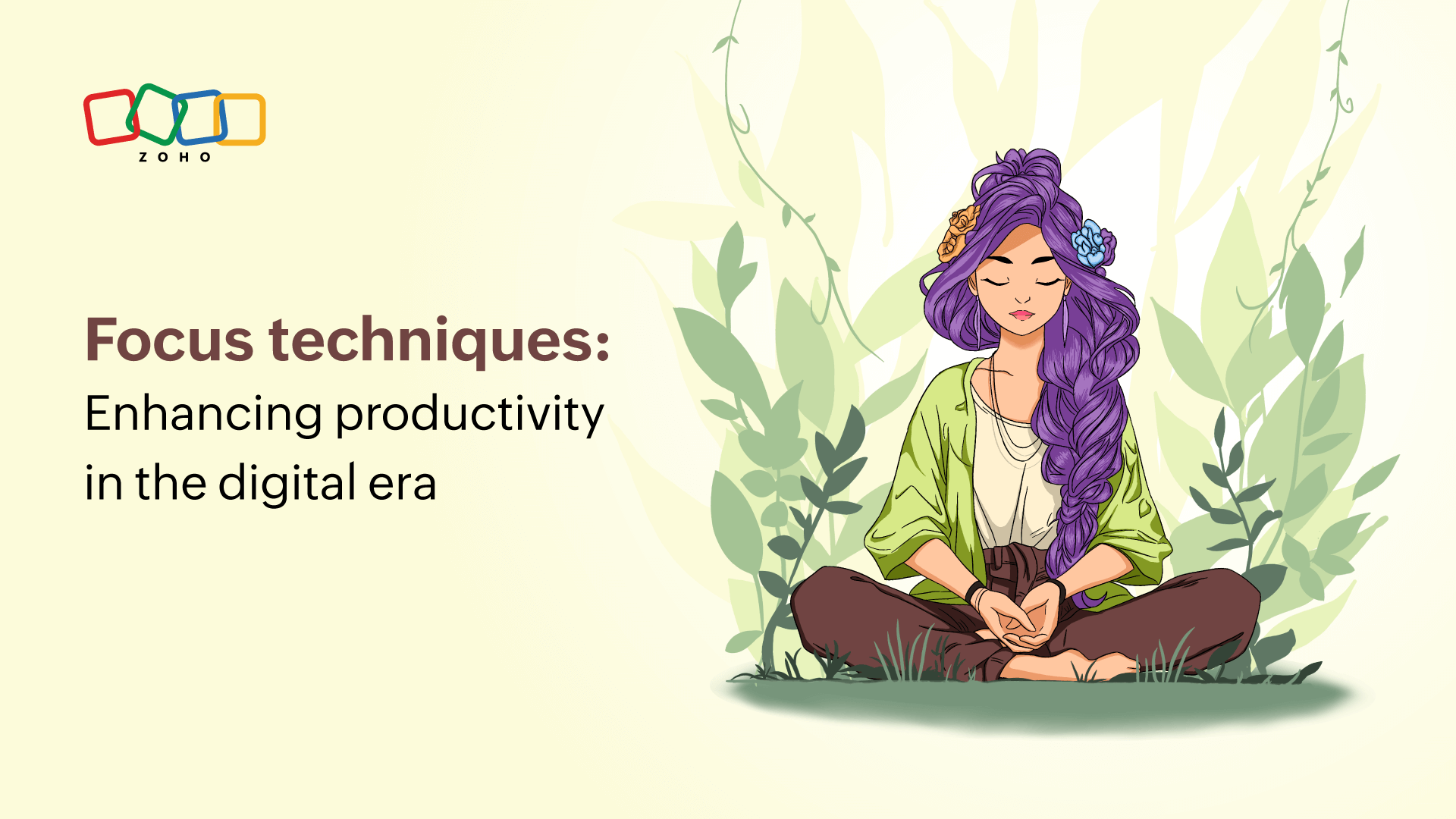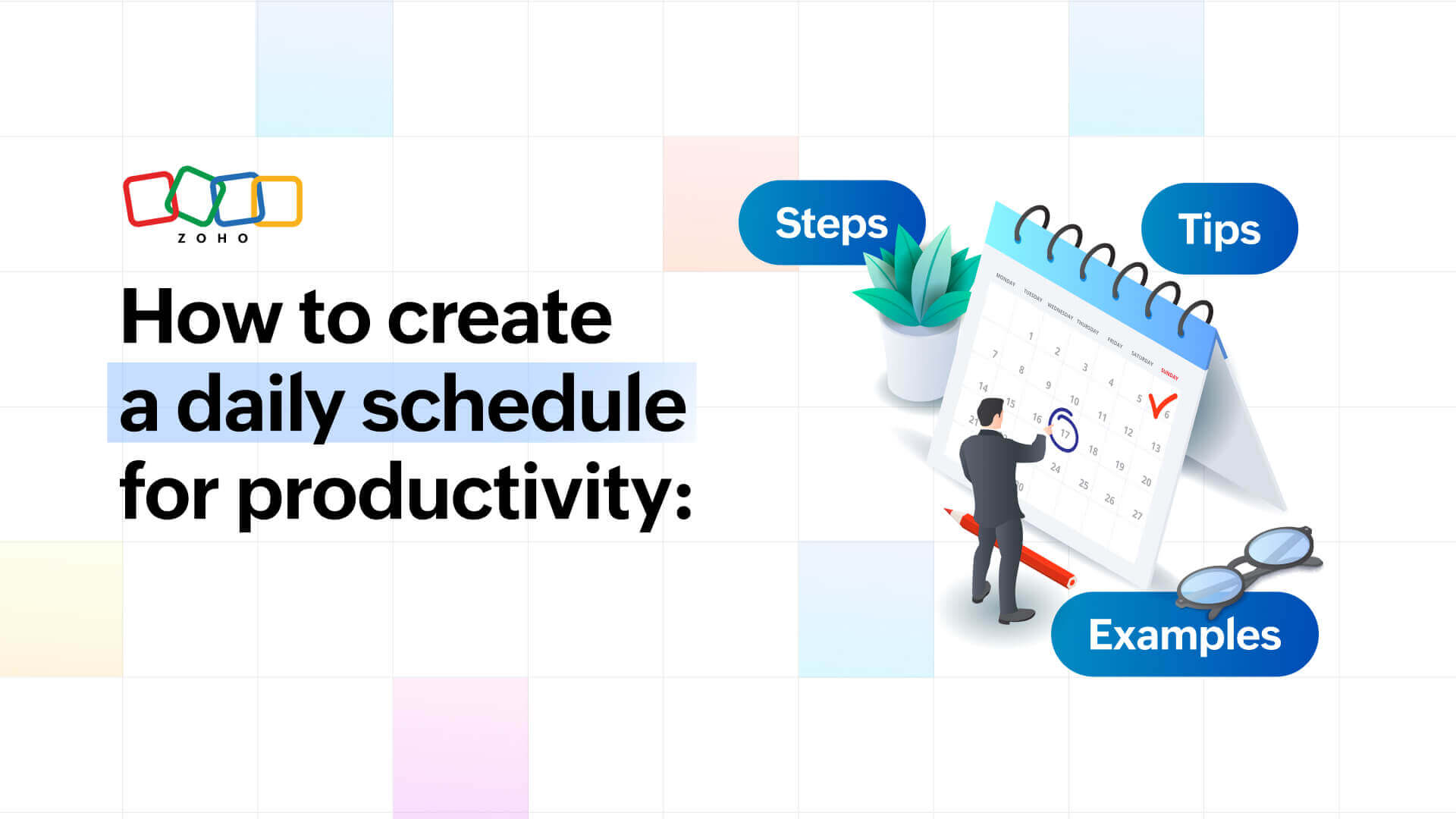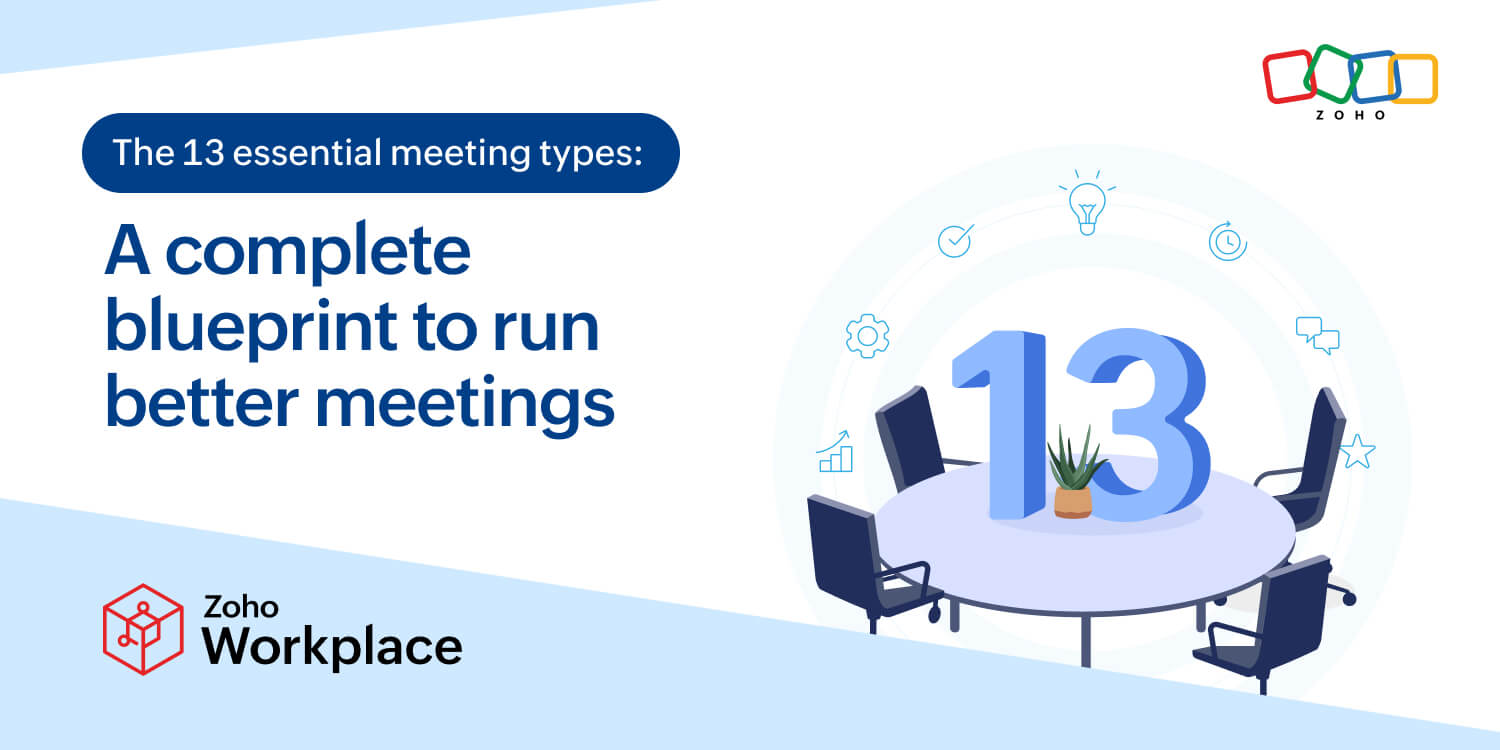- HOME
- All Topics
- Productivity in the workplace
- Focus techniques: Enhancing productivity in the digital era
Focus techniques: Enhancing productivity in the digital era
- Published : December 27, 2024
- Last Updated : March 19, 2025
- 1.1K Views
- 7 Min Read
Every second you lose to distractions is a second you’ll never get back. In a world overflowing with notifications, endless emails, and constant noise, your ability to focus is the ultimate weapon.
Without focus, productivity crumbles, decisions falter, and progress stalls. But when you master the art of focus, you gain a superpower—one that lets you dominate your day, achieve your goals, and unlock your true potential. Let’s break down the strategies that will sharpen your concentration, crush distractions, and keep you operating at your peak.
The science of focus
The ability to focus hinges on the brain’s capacity to direct attention selectively, filtering out irrelevant stimuli. This process is governed by the prefrontal cortex, a region responsible for managing cognitive functions such as memory, decision-making, and concentration.
Neuroscientific research reveals that attention is a finite resource, meaning it’s vital to allocate it efficiently to avoid mental fatigue and maintain productivity.
If you learn to understand how focus functions at a neural level, you can implement strategies that align with these natural mechanisms, optimizing their ability to concentrate over extended periods. Think of it as hacking your brain to optimize its functioning when needed.
Proven focus techniques
Despite its neurological nature, focus isn’t something you can snap your fingers and acquire for good. On the contrary, focus is like a muscle—the less you use it, the more you lose it. You must train your brain accordingly, and these techniques can be an efficient mental exercise regimen.
The Pomodoro Technique
One of the most popular methods for enhancing focus is the Pomodoro Technique. This approach involves breaking tasks into 25-minute intervals, known as Pomodoros, separated by five-minute breaks. After completing four intervals, you take a longer break of 15 to 30 minutes.
This method leverages the brain’s natural rhythm, preventing burnout while maintaining sustained attention. Individuals who adopt the Pomodoro Technique often report heightened task completion rates and improved work-life balance.
Timers or apps that automate the intervals ensure accountability and consistency when integrating this technique into your daily routine.
Time blocking
Another effective strategy is time blocking, which entails allocating specific hours of the day to individual tasks or activities. If you correctly schedule tasks on a calendar, time blocking can instantly provide structure to your day, minimizing the likelihood of multitasking.
This approach ensures that your attention is directed to one task at a time, significantly improving efficiency. Tools such as Zoho Calendar enable seamless planning and management of time blocks, with features like reminders and integrations that facilitate smoother workflows.
Mindfulness meditation
Mindfulness meditation is another focus-enhancing technique gaining widespread acclaim. Regular practice of mindfulness helps calm the mind, reduces stress, and improves cognitive flexibility.
Scientific studies demonstrate that mindfulness strengthens neural pathways associated with sustained attention, helping practitioners maintain focus for longer periods.
There’s no reason not to take five or ten minutes out of your day. Use this time to practice focused breathing exercises or guided meditation sessions. It’s a simple yet powerful way to incorporate mindfulness into your routine, with apps providing additional support.
Single-tasking
Despite its prominent place in "hustle culture," multitasking creates cognitive overload, reducing both efficiency and accuracy. Not to mention, it’s a complete and utter myth.
On the flip side, concentrating on one task at a time allows the brain to channel its full resources into that activity, yielding better results. To practice single-tasking effectively, eliminate distractions by turning off notifications, closing irrelevant tabs, and creating a quiet workspace.
Developing the discipline to focus on one activity at a time can significantly enhance productivity.
Environmental optimization
Just as mindfulness, time blocking, and other approaches affect your brain from the inside, your environment is also a significant factor, albeit an external one.
Optimizing your environment is critical for maintaining focus. A cluttered workspace can be a significant distraction, so keeping your surroundings tidy is essential. Adequate lighting and using noise-canceling headphones can create a setting conducive to concentration.
Small adjustments, such as decluttering your desk or organizing digital files, can boost your productivity significantly. The goal is to create a workspace where your brain feels calm and able to engage fully with the task at hand.
The 2-minute rule
While most of these methods relate to maintaining and training focus, you must also learn how to kickstart it. The 2-minute rule, popularized by productivity expert David Allen, suggests that if a task takes less than two minutes to complete, it should be done immediately.
This approach prevents small tasks from piling up and creates momentum that can carry through to larger tasks. By identifying and addressing these quick wins throughout the day, you can build a sense of accomplishment that fuels ongoing focus and productivity.
Common challenges in focusing
While focusing is at the core of each task, we can’t deny the fact that it’s significantly easier said than done. Once you start training your focus, your workdays will inevitably get better. Bad days are also inevitable, and are mostly due to several factors.
Digital distractions
One of the most pervasive obstacles to maintaining focus is digital distractions. Notifications from smartphones, emails, and social media platforms can disrupt workflows, fragmenting attention.
Addressing this challenge requires proactive digital well-being measures, such as activating “Do Not Disturb” mode on devices, scheduling specific times for checking emails, and using website blockers to limit access to distracting sites during work hours. Simply put, a failure to create and impose digital boundaries ensures that your focus remains disturbed during critical tasks.
Mental fatigue
Mental fatigue is another common barrier to focus. Overworking the brain without adequate rest diminishes its capacity to concentrate. The solution involves incorporating short breaks into your day, prioritizing a healthy diet rich in brain-boosting nutrients, and ensuring sufficient sleep. Regular breaks not only replenish energy but also provide an opportunity to reset your mental state, leading to sustained productivity throughout the day.
Procrastination
Procrastination can be a symptom of a lot of things—from not having the right mindset to feeling overwhelmed by the size or complexity of tasks.
Breaking tasks into smaller, more manageable steps can make them less daunting, encouraging progress. Simultaneously, tools such as task management software or a simple to-do list can help maintain momentum and provide a sense of structure to counteract procrastination’s disruptive effects.
Overcoming focus barriers
Developing a routine is paramount for overcoming barriers to focus. First and foremost, this means starting each day with a structured plan—this helps build consistency, which strengthens mental habits over time. High-value tasks should be prioritized in the morning when cognitive energy is at its peak. Reviewing progress at the end of the workday reinforces a sense of accomplishment and provides guidance for the following day.
Leveraging technology can also play a significant role in improving focus. Tools like Zoho ToDo, which streamline task management, or Zoho Notebook, which simplifies note-taking, are invaluable for staying organized. Focus-enhancing apps, such as those that track screen time or block distracting websites, further aid in maintaining concentration, making it easier to stick to your productivity goals.
Once you’re done tightening things up, incorporating physical activity into your routine is another effective way to boost focus. Exercise improves blood flow to the brain, enhancing cognitive function and reducing stress. Even short walks or quick stretches during breaks can have a noticeable impact on your ability to concentrate and sustain energy levels.
Seeking feedback from peers or mentors can provide valuable insights into areas where focus strategies may need adjustment. Constructive feedback allows for continuous refinement of your approach, ensuring that your methods remain effective in various contexts and environments.
Finally, practicing gratitude can have an indirect but profound impact on focus. Reflecting on achievements and expressing appreciation for progress, no matter how small, fosters a positive mindset. This outlook counters procrastination and promotes sustained effort, making it easier to remain engaged with your tasks.
The benefits of cultivating focus
Cultivating focus offers numerous benefits that extend beyond productivity. Enhanced concentration allows tasks to be completed more efficiently and with greater accuracy, freeing up time for other priorities. Improved focus also sharpens decision-making skills, allowing for faster and more effective problem-solving. These outcomes contribute to a more seamless and rewarding professional experience.
Practicing focus techniques can significantly reduce stress. Staying present and engaged in the moment mitigates the anxiety associated with juggling multiple responsibilities. This sense of calm and control often leads to better overall well-being, fostering resilience in the face of challenges.
Professionally, the ability to focus consistently can accelerate career advancement. Employers and colleagues value reliability and efficiency, traits that are cultivated through disciplined concentration. Over time, these qualities build trust and open doors to new opportunities, reinforcing the critical role of focus in achieving long-term success.
Focus isn't an innate talent but a skill that can be developed with dedication and the right techniques. It can also be lost if you end up slacking, so keep that in mind the next time you don’t feel like planning for the next workday or week.
Conclusion
Focus is your secret weapon in a world of endless noise. Master it, and you’ll turn chaos into clarity, overwhelm into execution, and potential into progress.
Whether you’re leading a team, chasing ambitious goals, or just trying to get through your day without distractions derailing you, sharpening your ability to focus isn’t just a skill—it’s your competitive edge.
The choice is simple: harness your focus, or let distractions dictate your results. Start now, and you’ll realize that a focused mind can achieve what once seemed impossible.
 Gary Stevens
Gary StevensGary Stevens is the CTO of Hosting Canada, a website that provides expert reviews on hosting services and helps readers build online businesses and blogs. Gary specializes in topics on cloud technology, thought leadership, and collaboration at work.


